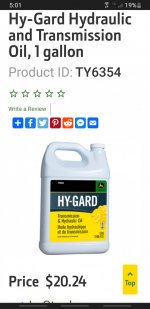The tenting is a good suggestion. I would personally go as far and say get yourself some real heavy vapour barrier (Poly) sheeting. Completely enclose the machine, tape down all seams with Tuk tape, tape and seal the concrete floor, seal everything off air tight save for one outlet. Tape that around your shop vac and hook it to draw a vacuum from the machine, tape the end around the hose with a funnel neck that you can clamp down and tape sealed while the vacuum is still on. After you've vacuumed out all the air, and tapped the outlet shut, shut off and remove the vacuum hose.
(even if it's not completely air tight, this should help to remove a lot of the moisture and restrict air inflation as well as moisture)
You can seal any sensitive areas of steel with a wax or something if desired. Additionally if you need even more protection I would then add insulation to the outside. As primitive as taking lose bats and laying them along all the surfaces and then perhaps draping a painters drop cloth on top to keep the insulation in place. If you wanted to heat that you could get a heater with a remote tube to "pump" warm air into/ under the drop cloth/ insulation; but if you're going that extreme you could build a little structure around it also that you could reuse and heat when required.
If hearing anything, get yourself a real thermostat (even a line voltage T-stat) and connect that to your heater (an electrician can help you); do not rely on the heaters T-stat. Additionally I would purchase one of those remote digital temperature sensors (like a small weather station). Place the remote sensor on the machine table inside the vacuum (use fresh batteries every year, you don't want them to die a month in), then put the receiver in your house or office so you can monitor the true temperature. Set the T-stat at the minimum (a basic thermostat is sufficient, you don't need a fancy programmable one), set it down at the minimum just above freezing like 10°.
That's my two cents.


